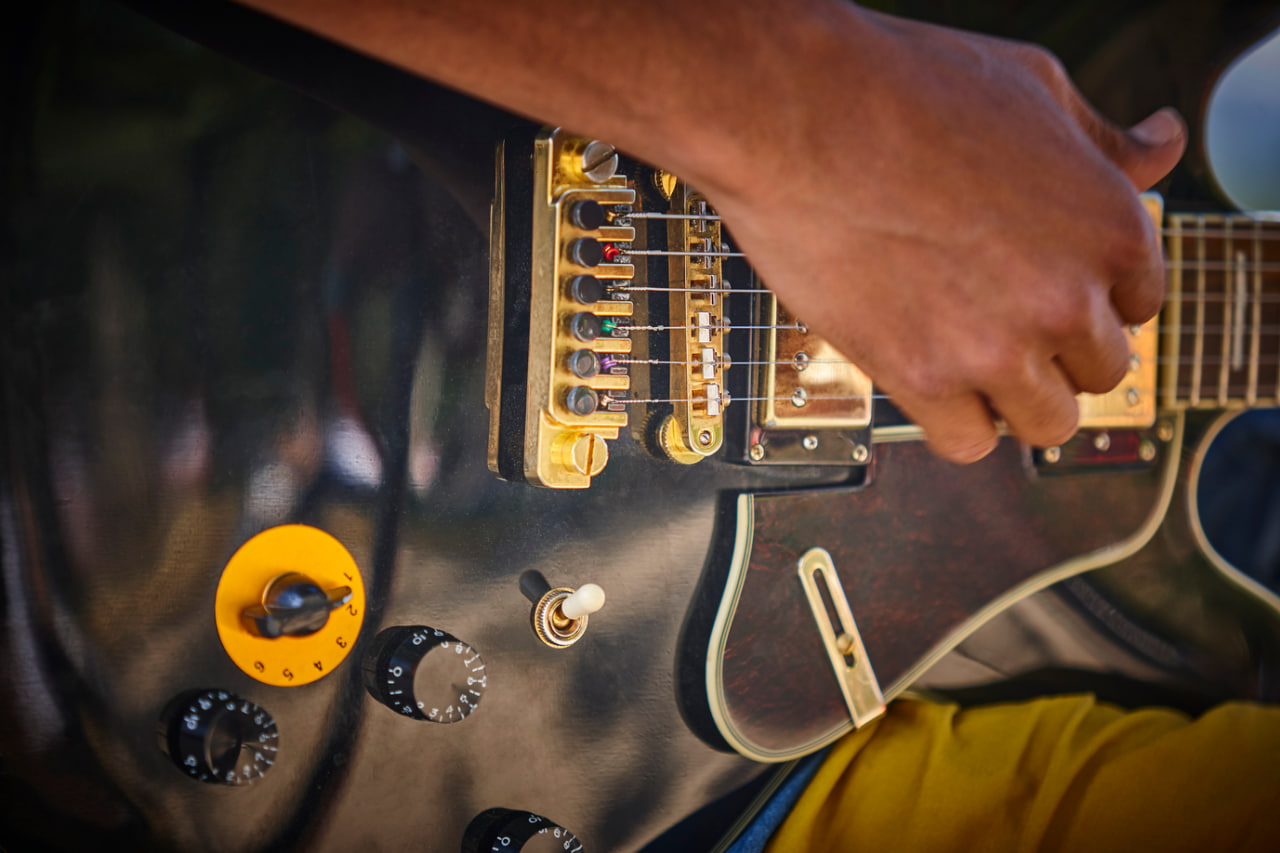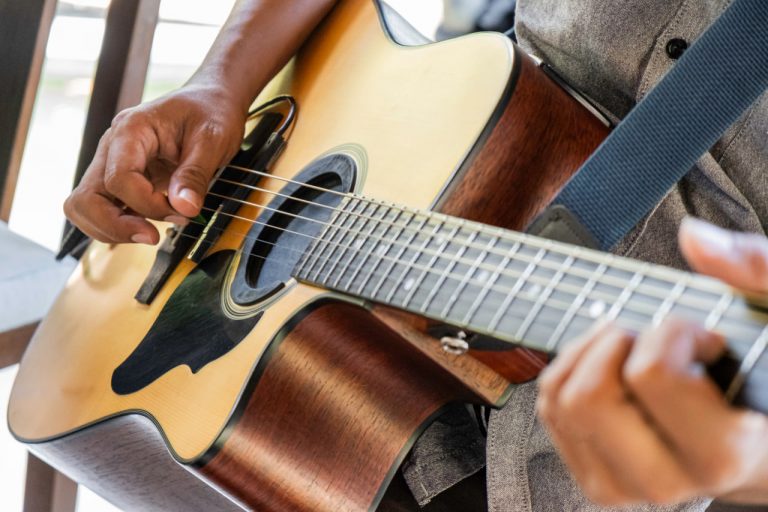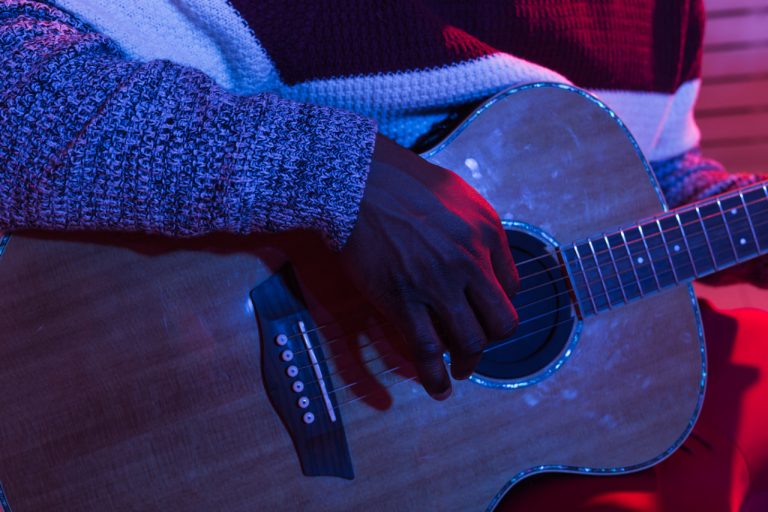From Practice to Performance: Overcoming Stage Fright for Guitarists
Understanding Stage Fright
Stage fright is a common experience for many musicians, including guitarists at all skill levels. It is the intense nervousness or anxiety that arises when preparing to perform in front of an audience. This fear can manifest physically through shaking hands, sweating, dry mouth, or even mental blocks. While stage fright can feel overwhelming, it is a natural response to the pressure of being watched and judged. Understanding that you are not alone and that many famous guitarists have faced similar feelings is the first step toward overcoming it.
Preparing Thoroughly
One of the best ways to reduce performance anxiety is thorough preparation. When you know your material inside and out, confidence naturally builds. Practice your setlist repeatedly, focusing on difficult sections until they become second nature. Use techniques like slow practice, looping tricky parts, and gradually increasing speed to solidify your playing. Additionally, practice performing as if you were on stage — simulate the experience by playing in front of friends or recording yourself. This kind of “mock performance” helps familiarize your mind and body with the pressure of playing live.
Mental Rehearsal and Visualization
Mental preparation is just as important as physical practice. Visualization is a powerful tool that many successful performers use. Take time to imagine yourself playing confidently on stage. Picture the audience reacting positively and feel the emotions of enjoyment and accomplishment. Visualizing these scenarios helps train your brain to associate performing with positive outcomes rather than fear. Combine this with deep breathing exercises and mindfulness techniques to calm your nervous system before stepping on stage.
Developing a Pre-Performance Routine
Creating a consistent pre-performance routine can help you manage nerves. This might include warm-up exercises for your hands, vocalizing scales, or stretching. Many musicians find that listening to specific music or motivational speeches helps them get into the right mindset. Establish rituals that signal to your brain it’s time to focus and perform. Having a routine can ground you and reduce uncertainty, which often fuels anxiety.
Focusing on the Music, Not the Audience
Shift your focus from worrying about the audience’s judgment to immersing yourself in the music. Concentrate on the emotions behind the song and the story you want to tell through your guitar. This mindset shift transforms performance from a stressful task into a creative expression. Remember, audiences generally want you to succeed and enjoy the experience just as much as you do. When you focus on sharing your passion rather than fearing criticism, stage fright diminishes.
Learning to Embrace Mistakes
No performance is perfect, and mistakes are part of the live music experience. Instead of fearing errors, learn to accept them as opportunities to grow. Many seasoned guitarists say that occasional slips make their playing feel more human and authentic. When you make a mistake, stay calm and keep playing. Often, the audience won’t even notice. Developing this resilience lessens the pressure you put on yourself and helps maintain your flow during the performance.
Building Experience Gradually
Exposure is one of the most effective ways to conquer stage fright. Start by performing in low-pressure environments such as open mic nights, small gatherings, or informal jam sessions. These settings allow you to practice performing without overwhelming anxiety. Gradually increase the size and formality of your audience as you become more comfortable. Over time, repeated exposure reduces fear and builds confidence.
Seeking Support and Feedback
Don’t hesitate to seek support from fellow musicians, teachers, or friends. Sharing your experiences with others who understand the challenges of performance can be reassuring. Constructive feedback helps you improve and feel more prepared. Some guitarists find working with a performance coach or therapist beneficial in managing anxiety and building confidence.
The Role of Physical Health
Taking care of your body can influence how you handle performance nerves. Ensure you get adequate rest before a show, eat balanced meals, and stay hydrated. Avoid excessive caffeine or sugar, which can increase jitteriness. Regular exercise and relaxation techniques like yoga or meditation also help reduce overall stress and promote a calm mindset.
Celebrating Your Progress
Each performance, no matter how small, is an achievement. Celebrate your courage to get on stage and share your music. Reflect on what went well and what you learned. Recognize that overcoming stage fright is a gradual process, and every experience builds your resilience and skill. Keeping a positive attitude about your growth keeps motivation high and reduces fear.




